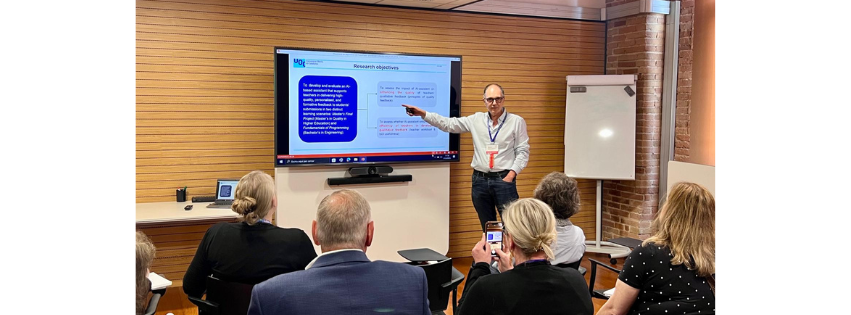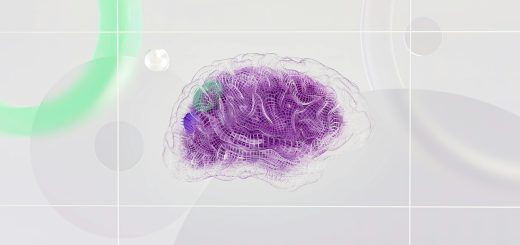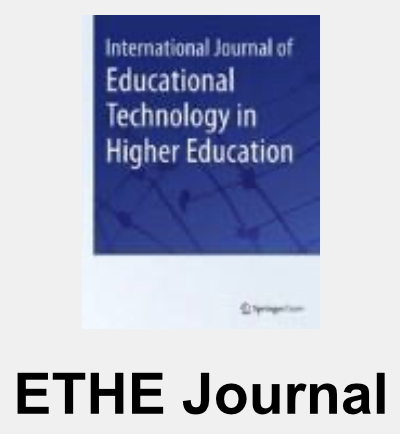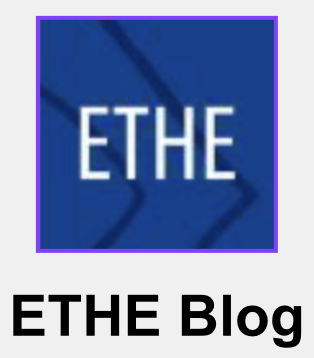Edul@b at EdMedia 2025, Sharing Innovation on Artificial Intelligence in Education

The 38th edition of the international conference EdMedia + Innovate Learning (EdMedia 2025) was held at Universitat Oberta de Catalunya from 19 to 23 May. The conference was organized by the Association for the Advancement of Computing in Education (AACE) and more than 500 professionals from over 70 countries met in Barcelona to bring their experience and learn more about topics such as artificial intelligence in teaching, learning analytics, open and distance education and educational quality. EdMedia is one of the world’s leading academic conferences in the field of education technology.
Dr. Marcelo Maina (Edul@b Research Group, Universitat Oberta de Catalunya) was a member of the executive committee of EdMedia and stated the following “hosting EdMedia 2025 provides a significant opportunity for the UOC to reinforce its commitment to world-class educational research”. At the conference, the results of two research projects in which members of the Edul@b Research Group participated were presented in the fields of artificial intelligence and learning analytics, as well as the use of Generative AI for teachers in terms of feedback in higher education. Find below more information about the mentioned research:
Using Generative AI to Assist Teachers in Developing Personalized, Formative and Quality Feedback in Higher Education
Edul@b Authors: Dr. Nati Cabrera, Dr. Marcelo Maina and Dr. Lourdes Guàrdia
Authors: Nati Cabrera, David García-Solórzano, Carolina Garcia-Londoño, Marcelo Maina, Montse Vall-llovera, Rosa Maria Mayordomo, Lourdes Guàrdia, Maria Jesús Marco, Julià Minguillón, Carlos Casado and Robert Clarissó
Affiliation: Universitat Oberta de Catalunya
Research from the project: “Assistent pel docent per proveir feedback immediat, formatiu i personalitzat mitjançant IA”
Call: Impuls a la recerca en aprenentatge virtual de la UOC
Edul@b members participants in the project: Dr. Nati Cabrera, Dr. Marcelo Maina and Dr. Lourdes Guàrdia
Abstract: Integrating Generative AI (GenAI) in Higher Education offers promising opportunities for enhancing personalized and formative feedback. This study examines how AI can assist teachers in generating high-quality, personalized feedback and reducing workload while improving teaching efficiency. The research employs a quasi-experimental design to assess the potential of an AI-based tool for generating formative feedback in higher education. Participants include 19 faculty members from the Universitat Oberta de Catalunya (UOC). The intervention incorporates two assessment tools for students’ activities (a checklist and a rubric) and three data collection instruments (a questionnaire, an analysis guide, and a focus group). Initial results include validating the AI-based tool design and the activity rubric through expert reviews, leading to refinements in the intervention protocol and tool usability.
The Relationship Between Knowledge and Use of Artificial Intelligence and Learning Analytics in Secondary Education
Edul@b Authors: Dr. Marcelo Maina
Authors: Marta López Costa, Marcelo Maina and Carolina Garcia
Affiliation: Universitat Oberta de Catalunya
Research from the project: “Integració de la Intel·ligència Artificial i l’Alfabetització de Dades a l’Educació (IADE): Un Enfocament Multidisciplinari per a la Personalització de l’Educació”
Call: Convocatoria de projectes de recerca educativa del Departament d’Educació de la Generalitat de Catalunya
Edul@b members participating in the project: Dr. Nati Cabrera, Dr. Marcelo Maina and Dr. Lourdes Guàrdia
Abstract: This study investigates the knowledge and use of Artificial Intelligence (AI) and Learning Analytics (LA) among secondary school teachers in Catalonia. A mixed-methods approach was employed, combining a systematic literature review (2018-2024) and a survey of 372 teachers. The literature review identified key teacher functions supported by AI/LA, including adaptive learning, performance prediction, automated evaluation, and data-driven decision-making. The survey assessed teachers’ knowledge, classroom use, and perceptions of AI/LA regarding ethical implications and data handling. Results revealed a gap between moderate AI knowledge and practical classroom application. Similar trends were observed for LA, with 67% of teachers requiring training. Key areas needing attention include AI content detection, code/audio/video generation, prompt engineering, and data analysis skills for LA. A significant correlation was found between AI knowledge and use, but ethical concerns (especially regarding plagiarism) negatively correlated with AI implementation. The study highlights an urgent need for targeted training in AI/LA, data interpretation, and ethical considerations to effectively integrate these technologies into secondary education.






